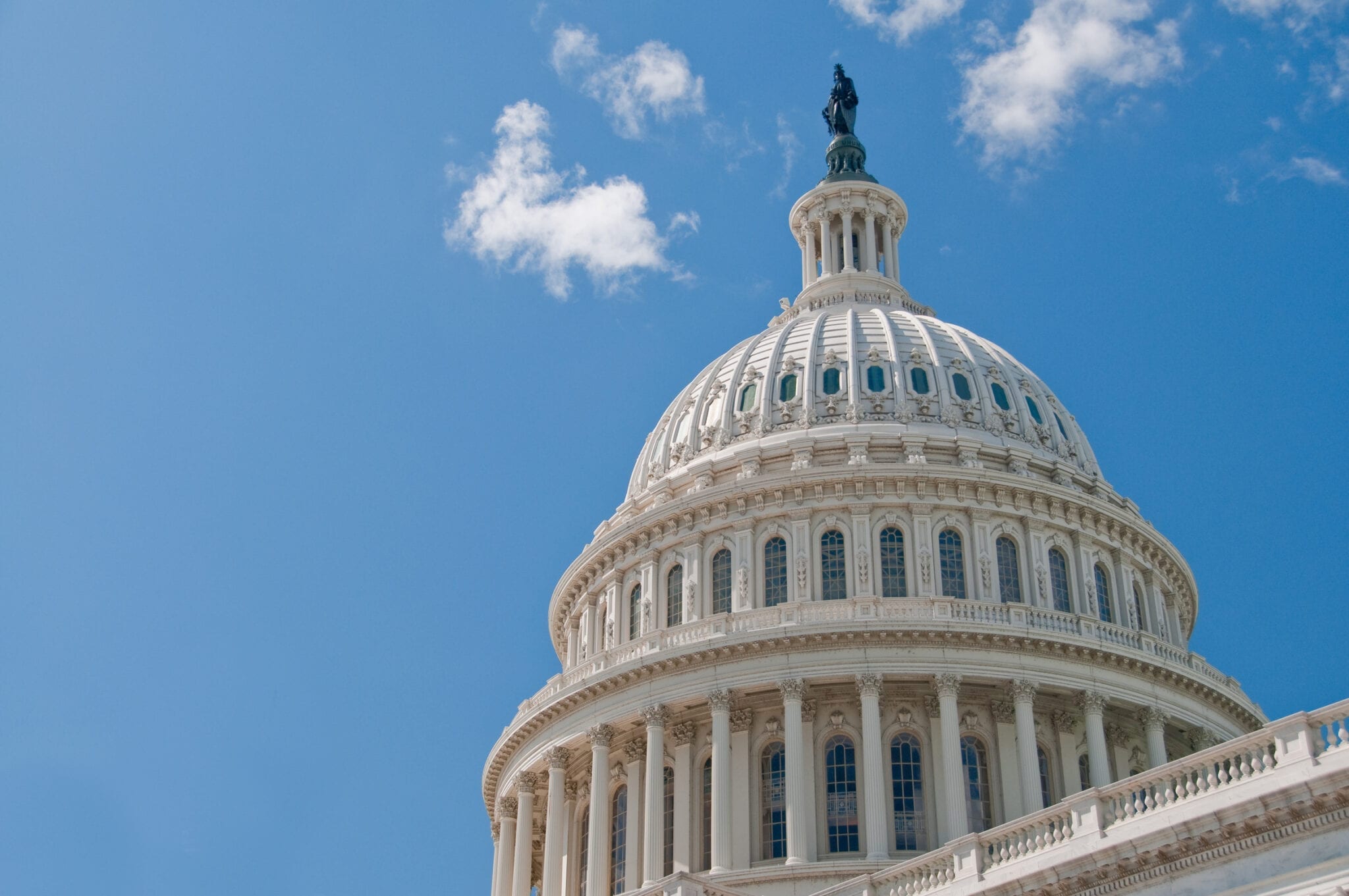FDA Action Will Expand Access to Medication Abortion
FDA permanently removes in-person dispensing requirement for mifepristone and allows retail and online pharmacies to directly provide medication to patients.

Yesterday, the U.S. Food and Drug Administration (FDA) permanently lifted the in-person dispensing requirement for mifepristone, the first medication in a medication abortion, and will now allow retail and online pharmacies to directly dispense the medication to patients with prescriptions.
The agency’s action will help create more access points to abortion care and reflects the well-established 20-plus year safety record of medication abortion, which has been recognized by leading public health and medical organizations both domestically and internationally. Medication abortion accounts for more than half of all abortions in the U.S.
“We applaud the FDA for taking a significant step today to permanently improve access to medication abortion in the U.S. Now, people in states where abortion is legal will be able to get medication abortion with a prescription through their local pharmacy or by mail—just like they can for other equally safe medications,” said Nancy Northup, president and CEO of the Center for Reproductive Rights, in a statement. “This is a commonsense decision that prioritizes science and safety over politics.”
Despite the FDA’s action, medication abortion remains subject to bans and restrictions in many states that are hostile to abortion. Abortion care, including medication abortion, is currently illegal in 12 states.
Pandemic Inspired Changes to Mifepristone
Until December 2021, mifepristone’s label required patients to take the medication under a clinician’s supervision in person at a doctor’s office, hospital, or health center. The FDA temporarily modified this in-person requirement due to the COVID-19 pandemic. At that time, the FDA began allowing patients to receive mifepristone by mail or from specific certified pharmacies.
Yesterday’s announcement by the FDA makes the changes permanent. The decision comes after the FDA conducted a comprehensive review of the need, or lack thereof, of these restrictions.
The Women’s Health Protection Act (WHPA)
WHPA is federal legislation that creates a new legal protection for the right to provide and access abortion care, free from medically unnecessary restrictions and bans.
The FDA’s action helps ensure that people in states where medication abortion is legal can fill prescriptions at their neighborhood pharmacies or through the mail, and that people in states where telemedicine is legal can have their online providers mail them prescriptions directly.
“However, 12 states have banned abortion, and this move will not change anything for the people in those states, which is why Congress must pass the Women’s Health Protection Act to ensure the right to access abortion care is protected nationwide,” added Northup. “With abortion under attack in so many parts of the U.S., improving access to care is a public health imperative that can’t wait.”
The Center for Reproductive Rights, other advocacy partners, and researchers have long highlighted these medically unnecessary barriers to health care.

